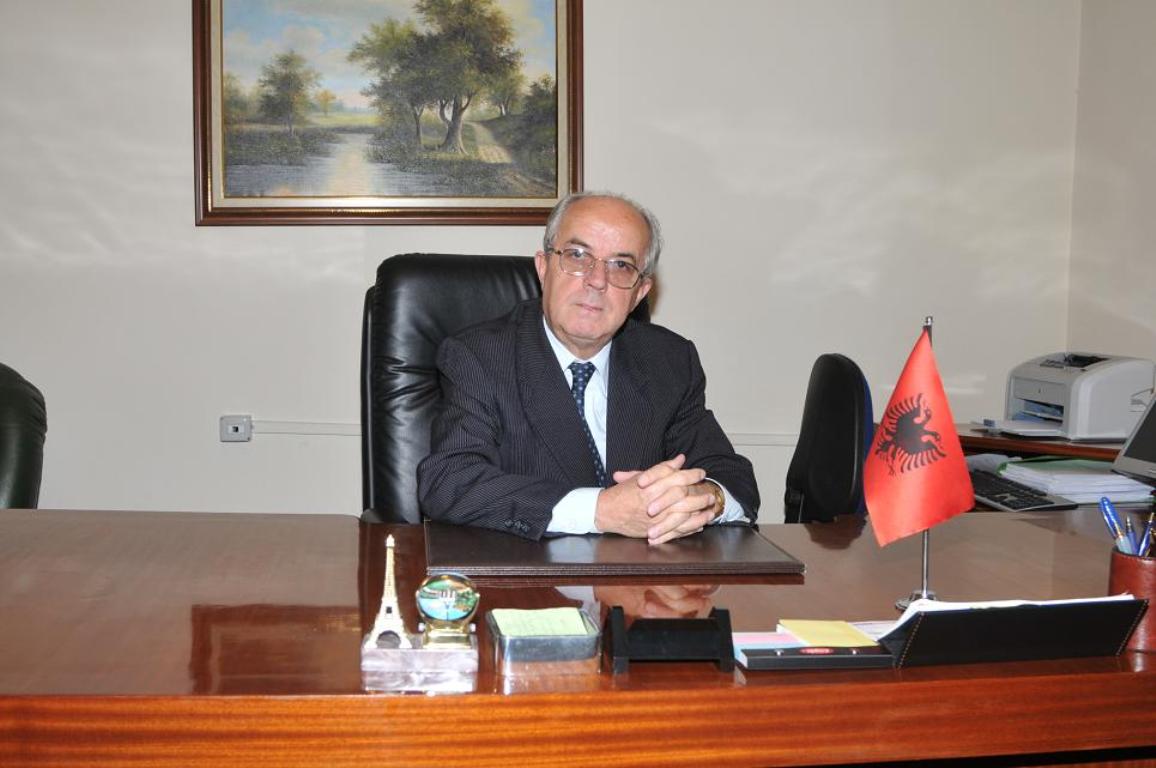
The agreement that was reached on 18 May reformed the government and it is expected to have long term effects. How would you see it in the legal and constitutional point of view?
The political deal struck on 18 May between the leader of the majority and the opposition, entered in history as a very important act, first of all as a political one and then as a legal one. This agreement will have an impact for a long time on the country. Of course there are problems of a constitutional nature and one aspect is the appointment of technocrat ministers.
What sort of constitutional problem poses the appointment of non-political ministers?
The Constitution only mentions one type of minister and not several types. No article of the Constitution makes a distinction between a political minister and a technocrat minister. Many appointments have been made in the recent days under the term “technocrat minister”. But the Constitution doesn’t have any provisions about technocrat ministers. What are the powers of these newly appointed ministers who have been considered to be technocrat ministers and not political ministers? Is it normal for them to have all the powers of a member of the cabinet or must they have restricted powers, given that their term in office is limited? Are we to appoint “caretaking” deputy ministers to them in order for them not to make mistakes? As we can see, this chapter needs to clarify these problems.
You think that the Constitution must have clear provisions on the different powers that a technocrat minister should be given?
I don’t think that the concept of technocrat minister exists. But, if the drafters of the Constitution believe that in special circumstances, such as the one of the recent weeks, these sorts of figures will be appointed, then this should be incorporated in this chapter. By being temporary, their powers may be restricted, but this must be stipulated in the Constitution.
This agreement includes a point on the constitutional reform and another point on the election reform…
A part of this agreement talks about the reforms. The parties seem to have agreed to carry out constitutional reforms once the new parliament convenes. They have also decided to hold an election reform and intervene with reforms in other problematic domains.
The fact that the majority and opposition have decided to address the constitutional reform, is based on good will, to see, discuss and amend several constitutional practices which are posing problems for the country today. And I see this closely linked to the point about the election reform, which has been worded the same in the agreement.
Why so many changes in the Constitution? Is it really necessary to make other amendments?
When we talk about a constitutional reform, we can only assume, because we don’t know the real concern of the drafters of this agreement. I think that their concern, first of all, may not relate to the Constitution in general, but to special aspects, mainly the election reform, the same as it happened with the judicial reform, which was associated with amendments in the Constitution.
Time has come for major constitutional amendments. These amendments must transform our mentality, by adapting it with democratic standards.
If experts believe that the constitutional reform will affect the election reform and other problems, then I would like to highlight one thing. Hoping that the next parliament will have a better quality than this one, I would recommend another mentality in regards to the procedure for constitutional amendments. I think that the best, the most democratic, the clearest and the most transparency procedure would be the one that was followed with the Constitution in force, with the creation of parliamentary committees with the participation of all parliamentary parties.
What are some of the effects that constitutional amendments have had up until today?
The constitutional amendments are numerous. We’ve had constitutional amendments in 2007, 2008, 2012, 2015 and 2016. In my opinion, a part of these amendments have been a result of political tactics, as they were not necessary and not enough time has been given to these amendments. A typical example of political parties and their leaders aiming to uphold their interests is the amendment made in 2008, which ruined the main axis of the Constitution, especially the part relating to the President of Republic and ruined the balance between powers through by giving the president less powers. In the end, all constitutional amendments, apart from the ones that were made in 2016, are controversial, especially the ones that were made in 2008.
Why are there so many amendments in the Constitution? Do you think that new amendments will continue to be made?
Many amendments have been made to the Constitution as of 2007. With so many amendments, you come to think that the best thing to do is to draft a new Constitution, which would once again need to be voted by the people in a Referendum, because we’re finding ourselves in front of a paradox: Half of the Constitution has been approved through a referendum and the other half has been approved by a parliamentary majority.




